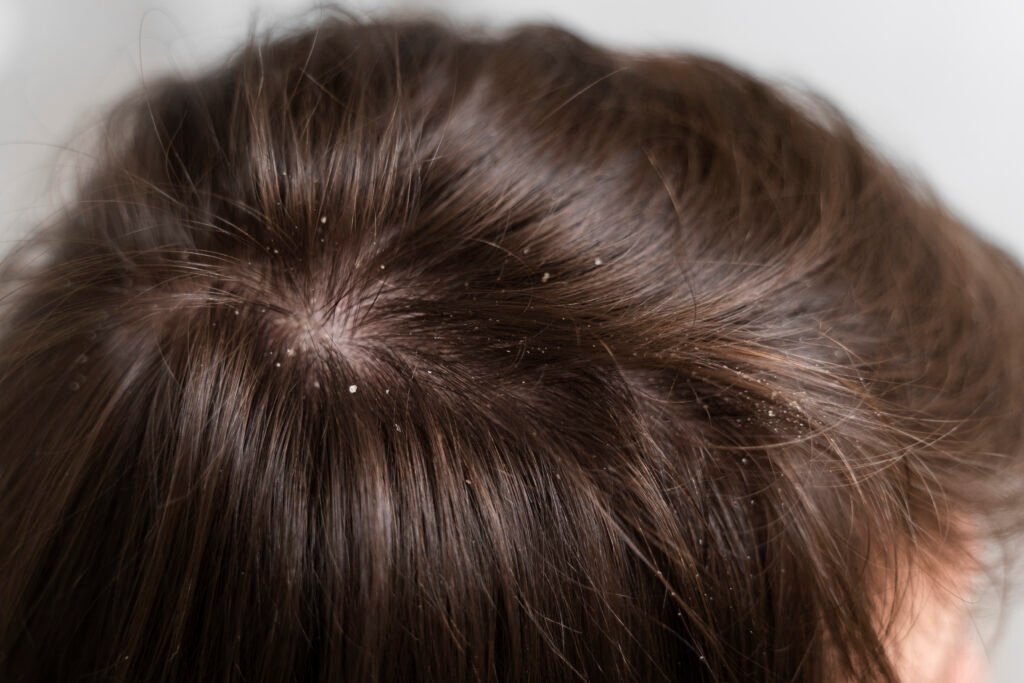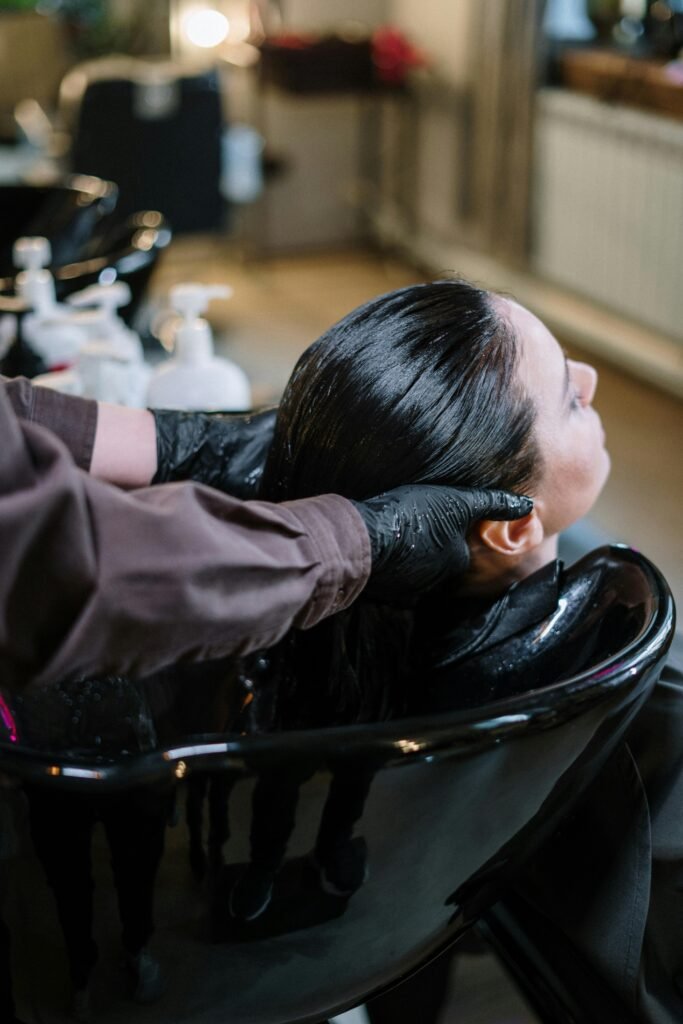What hormone causes acne and hair loss
Dihydrotestosterone (DHT) hormone causes acne and hair damage. DHT is a form of testosterone. Our skin and hair follicles are affected by it.Its role in skin and hair health is very important. High levels of this hormone increase natural oil production, which clogs acne. Hair follicles are shrunk by it. As a result, the hair becomes very thin and hair falls. Its effect is comparatively more pronounced in men than in women. But both are victims of it. Understanding the effects of DHT can help effectively manage skin and hair conditions. Hormonal relationship between acne and hair loss Acne and hair loss are closely related to each other and the main reason for this is the hormonal changes in the body. Let’s analyze the role of hormones in hair problems. Role of androgens If androgens increase in our body, the follicles of hair become weak. The hair also becomes excessively thin. This causes hair fall. Sadly, this hormone is the main cause of hair fall. Those who have more effect of this hormone in their body, have more hair loss. After menopause, these hormones increase proportionally. Then suddenly the hair started to fall more. Estrogen And Hormonal Balance The effect of Estrogen Hormone is more on the female body. If the level of this estrogen hormone increases in the body, it is called Estrogen Dominance. In this case, there is a problem in the balance of estrogen and progesterone in the body. Then it is normal for various complications to appear in the body, some of which affect the hair as well. As a result, it ultimately leads to hair loss and acne. Most women experience excessive hair fall during the first few months of pregnancy. This hair loss is caused by changes in estrogen and progesterone levels. Its decrease leads to an increase in androgen hormones, which are directly responsible for hair loss and scalp acne. And especially during menopause, the amount of this estrogen hormone decreases. Understanding Acne Although acne is seen as a skin problem, it is much more than just a skin problem. The most important role is played by hormones in its development. If you understand this deep connection between hormones and acne then you are more Understand why acne occurs. How hormones trigger breakouts Androgen hormones p;ays an important role in increasing oil production in the skin. This excess oil clogs pores, leading to acne. Androgen levels increase manifold during puberty. As a result teenagers often experience more breakouts. Hormonal changes during the menstrual cycle are also responsible for this feeling. The stress hormone cortisol is also responsible for this. The presence of high levels of cortisol makes it easier to develop acne. Effects of stress on the skin Both your skin and mind are affected through mental stress. Stress reduces the amount of sleep you get and makes life overly boring, which is extremely detrimental to your skin’s health. As a result, creating a more favorable environment for acne formation, the skin’s ability to maintain itself is reduced, which worsens the situation. Thyroid hormones and hair health A gland located at the front of our throat is the thyroid. Some essential hormones are secreted from this gland. This hormone plays an important role in many other functions including our metabolism. This gland needs an adequate amount of iodine from the body to make this hormone. This hormone plays an important role in various physical and mental growth including our metabolism and hair health. Two types of hormones are secreted from the thyroid gland. One is triiodothyronine (T3) and thyroxine (T4). If the thyroid gland produces less hormones than required, it is called hypothyroidism. If it is more, it is called hyperthyroidism. Thyroid causes hair loss. Hair density decreases without any reason. Hair growth cycle is affected and inhibited. Credit: www.healthline.com Some foods that help balance hormones are: Protein Protein-rich foods help maintain hormonal balance. Meat, fish, eggs, and milk are sources of animal protein. Keep these foods in your daily diet. If you don’t have fish or meat, you can keep the hormone balanced even if you only eat eggs. Vegetables Having vegetables in your daily diet can help you get rid of many diseases. These also help us to balance hormones. These vegetables are noticeable such as broccoli, beets, carrots, tomatoes, sweet potatoes, and spinach etc. Fruit The fruit helps in maintaining hormonal balance. So keep high fiber fruits like apples, strawberries, avocado, and bananas in your diet. Nuts Almonds contain linoleic acid and healthy fats. Almonds help balance the hormones in the body by increasing secretion. Almonds, almonds, and walnuts are very beneficial. Coconut oil You will find MCT and an important acid named lauren in this ingredient. It is very helpful in hormone production. Besides, this oil will also help you to reduce your weight. It also increases the inner power of the body such as making your metabolism system and energy smooth. Herbal tea Tea is very helpful in balancing hormones. It’s also another great food that deals with hormonal balance in your body. Drink green tea or herbal tea to get the immense benefits from it. Butter Butter is a good choice in balancing hormones. You can find some important vitamins which contribute to hormonal balance. Some foods to treat hypothyroidism problems This disease is usually treated with different types of hormone pills, which have some harmful side effects. We think and believe that practicing a food menu will give you excellent results for thyroid hormone problems and would be a better solution for you. Iodized food Marine fish like – flounder, coral etc. are ideal foods rich in iodine. Besides, some iodine enriched foods such as tuna fish and shrimp are very beneficial for maintaining hormonal balance. Boiled eggs, bananas, whole grains, and green leafy vegetables are also rich in iodine which will help you to fight hypothyroidism problem. Coconut oil Coconut oil contains medium chain fatty-acids. Thyroid hormone deficiency is recompensed by coconut oil. Your
What hormone causes acne and hair loss Read More »










